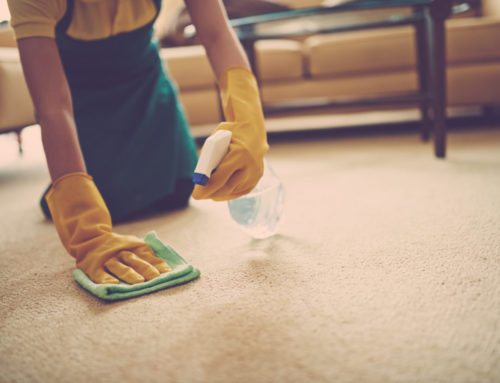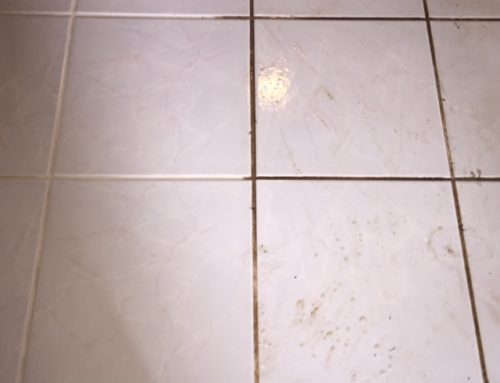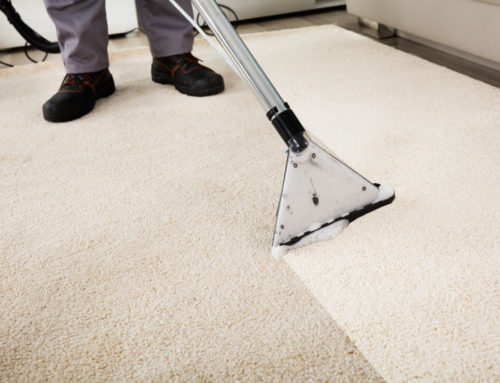What is a “HEPA” Vacuum? HEPA stands for (High‐Efficiency Particulate Air). HEPA vacuum cleaners differ from conventional vacuum cleaners in that they contain filters that are capable of trapping very small, micron‐sized particles. Most HEPA vacuum filters are able to trap 99 percent of airborne particles larger than 0.3 microns that land on the carpet. You may be wondering how small this really is? To give you an idea just a human red blood cell is usually between 6 and 8 microns in size.
Just so you know the average household vacuum releases particles smaller than 50 microns which means that the vast majority of the smallest and most easily spread particles are being blown back into the air. Have you ever turned on an old vacuum cleaner and noticed a dusty smell that seems to be coming from your vacuum cleaner? Your vacuum cleaner is now ejecting fine dust particles into the atmosphere of your home and carpet. Without a proper HEPA filter to capture these fine particles you will constantly face the ineffectiveness and odor of an improper vacuum.
You may be asking yourself, are all HEPA vacuums the same? Well most vacuum manufacturers are not required to test their vacuums for particle emissions so the quality and filtration capability of HEPA vacuums can vary greatly. When purchasing a HEPA we recommend your do research by thorough 3rd party testing results.
What are should your to consider when purchasing a HEPA vacuum?
- Thing about what type of cleaning you are using the vacuum for. Often times a great canister style vacuum will work for most household cleaning jobs while a more heavy duty industrial style vacuum may be needed for cleaning up after renovation work.
- We have noticed that upright vacuums seem to be less well built/. What we see is they tend to leak more exhaust air, and are harder to use for cleaning vertical surfaces.
- Look for a vacuum with pre filter stages before the main HEPA filter. This is very important for the most effective HEPA cleaning results! Pre‐filters and designed in a vacuum to help prevent dirt from directly impacting and clogging the HEPA filter. If the filter is clogged then it will greatly reduce the cleaning results you want from a HEPA vacuum.
- Check for gaskets in the vacuum housing that prevents air leakage that can bypass the filters. While many manufacturers will talk about how good their HEPA filtration is, a vacuum that lets air leak out before it gets to the filter sucks. And we want it to suck just not in that sucky sort of way.
- Look for a vacuum with the HEPA filter after the motor. If the motor is after the filter, the motor will emit carbon particles into the air.
- Look for a vacuum with bags that have built in dust flaps or tabs over the bag opening to lesson the poof of dust when changing bags. Or now days a lot of vacuums are with containers. This seems to minimize the blow out of dust particles.
At Quality Care Carpet Cleaning we care about your indoor air quality. We hope this information will help you in your house cleaning needs. Perhaps your carpets need more assistance than just your vacuuming. If this is the case and you live in Denton TX, Flower Mound TX, Little Elm TX, or Lewisville TX area you can contact us at 940-206-2372 or email us through our website at www.qualitycarecarpetcleaningtx.com. Also we specialize in tile cleaning, air duct cleaning, upholstery cleaning and pet odor removal.





